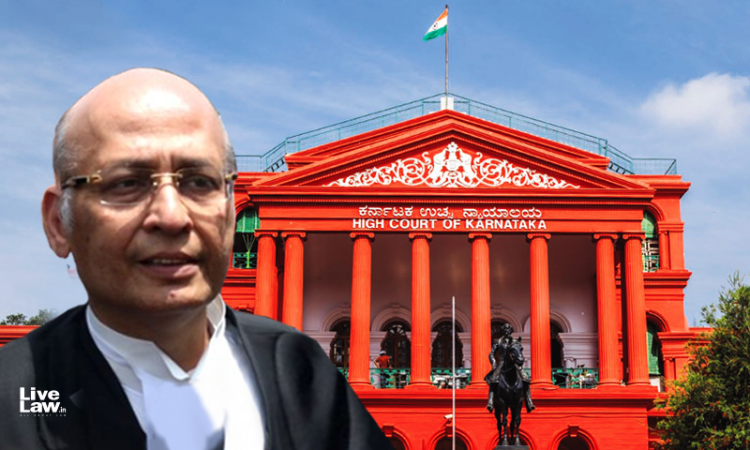'State Can't Ban Game Of Skill' : Singhvi Argues Before Karnataka High Court Against Online Gaming Ban
Mustafa Plumber
12 Nov 2021 10:28 AM IST

Next Story
12 Nov 2021 10:28 AM IST
The Karnataka High Court on Thursday began hearing a batch of petitions challenging the constitutional validity of the Karnataka Police (Amendment) Act 2021, by which the state government has banned all online gambling and betting, and provide maximum imprisonment of three years and penalty upto Rs 1 lakh for violation of the provisions. The petitions were partly heard before...
